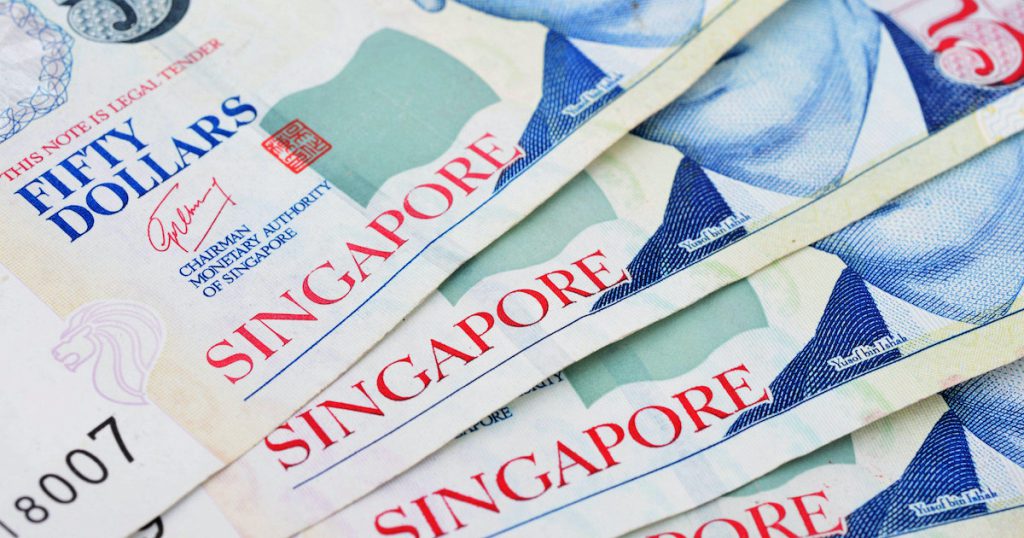Disclaimer: Opinions expressed below belong solely to the author.
Earlier this month, the Monetary Authority of Singapore (MAS) released its annual Asset Management Survey, tracking the performance of the asset management sector (including startup investments), over the preceding year.
The stable, predictable and friendly environment of the city-state drew more money than ever in 2021, with a whopping S$448 billion in new funds, close to 16 per cent higher than a year before (which was already second best year on record after 2014).

As a result, the total amount of assets under management in Singapore reached S$5.4 trillion — effectively doubling in five years (from around S$2.7 trillion in 2016). This reinforces the city’s role as a leading financial hub in Asia, particularly given the challenges Hong Kong is facing and benefiting from capital flight from China.

Money brings thousands of jobs

Both institutional and individual investors bring their capital into Singapore, as asset investments grow in all categories — from private family offices to hedge funds.
The number of companies licensed to provide fund management services crossed 1,000 and increased on pace with the additional money at about 15 per cent in 2021.
But this is still just the beginning as up to 20,000 new jobs are expected to be added to the financial sector over the next five years, as Singapore has few real competitors in Asia right now.
Venture Capital is on fire
However, the really interesting metric in the MAS survey is not the one dedicated to more traditional financial investments, but the tech startup world, which Singapore wants to be known for but has still some way to catch up to the biggest global hubs.
And it certainly has pace to show for it as Venture Capital (VC) — a position that didn’t even exist on MAS’ charts six years ago (it was so small that MAS bundled it with Private Equity) — keeps growing annually at 50 per cent or more and has pretty much grown sixfold since 2017 — from just around S$4 billion to a huge S$24 billion in 2021.

It has to be said, of course, that most of the money flowing into the city is used for international investments, chiefly in Asia. After all, there’s only so much that a small island can offer.
Nevertheless, Singapore is clearly becoming Asia’s headquarters, particularly as global relations with China are frosty and the usual competitor, Hong Kong, finds itself in Beijing’s shadow, what rattled confidence in the semi-autonomous city.
Meanwhile, other Asian destinations (like Tokyo) may not be palatable to all, particularly if investments involve China or Chinese companies. Singapore is therefore, a perfect, neutral bridge to conduct business, that can be trusted by all.
Perhaps the last one standing — which is why it now reaps rewards for its unique position, built with care over the past few decades.
Featured Image Credit: john6863373/123rf.com










